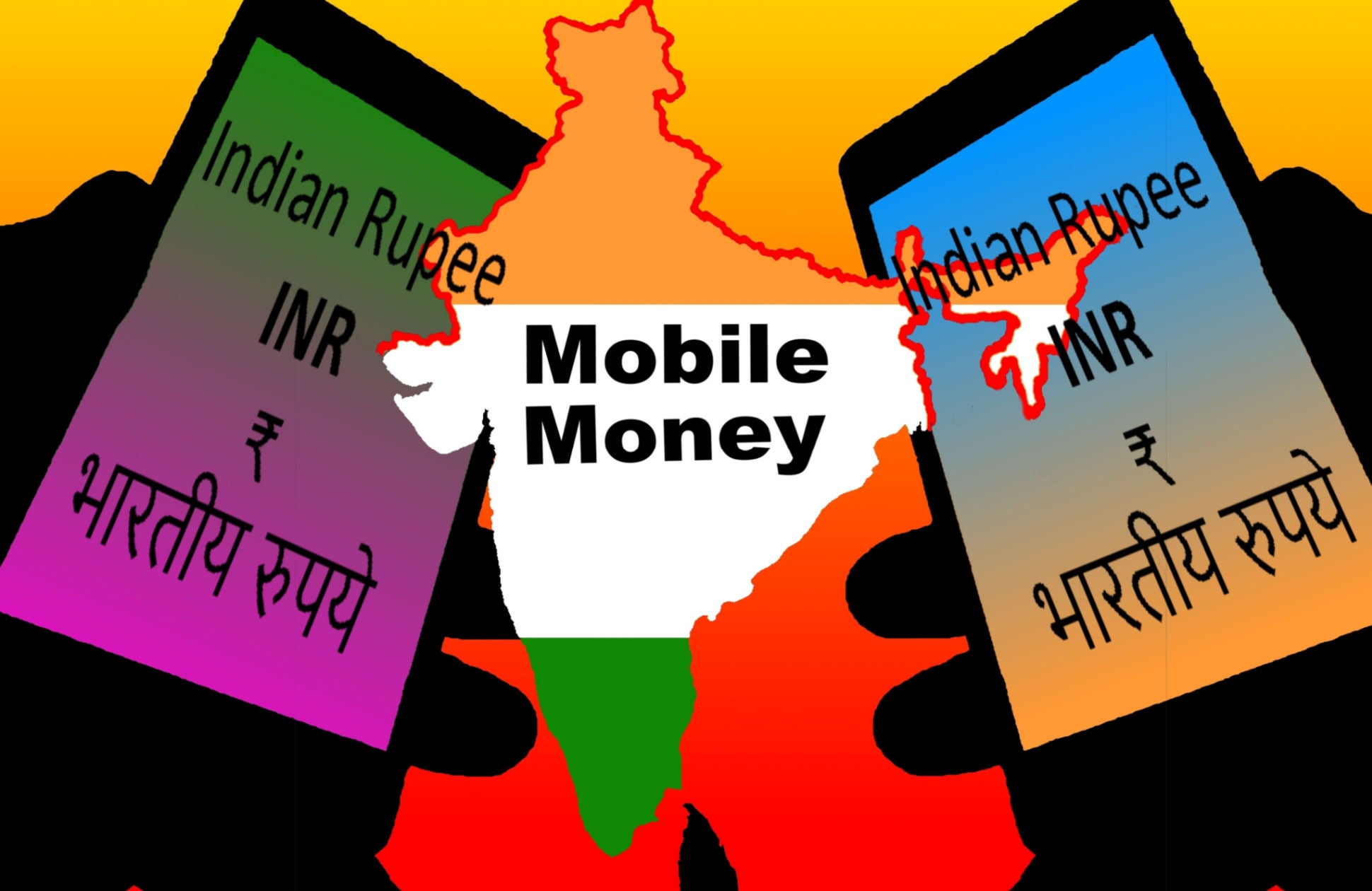
Fintech has kickstarted a golden age of innovation in consumer financial services. Highly specialized, free from legacy, and often able to bypass bank regulation, new entrants have gone after every piece of the banking value chain, reducing friction and addressing unmet needs. In Asia-Pacific countries like India, fintech and its related segments—including digital payment, digital lending, and fintech SaaS—have seen exponential growth in funding and investment. With the recent announcement of Razorpay’s third acquisition of the year of digital payment start-up Ezetap, the fintech market in India looks promising.
According to NITI Aayog, the Indian fintech industry currently has cumulative funding of over $27.6 billion and is expected to be valued at over $150 billion by 2025. The recently published report ‘Mergers and Acquisitions Deals by Top Themes and Industries in Q2 2022’ by GlobalData analyzes all the deals that were announced in Q2 2022 globally. It states that the themes driving the top M&A deals in banking & payments were fintech and digital banking in Q2 2022. The same sector saw a 163% staggering growth in deal value in H1 2022 from H1 2021, driven by these themes in the Asia-Pacific region.
The rise of fintech start-ups in India
With 21 unicorn start-ups, the fintech sector accounts for nearly one-fifth of the unicorns in India. Some of the top digital payment firms include Paytm, Razorpay, BillDesk, Pine Labs, and BharatPe. Fintech unicorns in India include Acko, BharatPe, BillDesk, Chargebee, Paytm, Mobiwik, Oxyzo, PhonePe, Pine Labs, Coin DCX, Coinswitch Kuber, CRED, Slice, Razorpay, Cred Avenue, DIGIT, Groww, Policy Bazaar, Zerodha, Zeta, and Open.
With the investor’s trust, these start-ups are making bold moves, including spending millions on acquiring promising start-ups. Before acquiring Ezetap in February 2022, the fintech start-up Razorpay acquired a majority stake in Malaysia-based payments start-up Curlec for $20 million. Following this, it acquired digital payments start-up IZealiant Technologies for an undisclosed amount. Since the launch of Paytm, the fintech domain in India is performing beyond market expectations.
Government initiatives fuel start-ups
The growth of fintech in India is driven by various macroeconomic factors, such as enabling government and regulatory initiatives. Unified Payments Interface (UPI) is one such government initiative that has contributed massively to India’s start-up and fintech growth. UPI transaction volume grew from around one billion in April 2020 to 2.6 billion transactions in April 2021 and accounted for 60% of total non-cash transactions in FY22 according to the National Payment Corporation of India (NPCI). The Jan Dhan Yojana (People’s Wealth Scheme) of the Government of India (GOI) added 462.5 million accounts to the banking system; most of which belong to the rural population. This, along with massive internet access, has helped fintech start-ups immensely in reaching out to last-mile users.
Forthcoming initiatives such as RBI’s payment vision 2025 and Open Network for Digital Commerce (ONDC) will influence the sector’s exponential growth in the future. Apart from the massive digitization that began after the demonetization in 2016, the increasing popularity of UPI and wider internet access have accelerated the growth of fintech firms in India. While growth will continue, certain setbacks might affect adoption, such as data security risks, increasing fraud, tight regulatory measures for businesses, and a lack of financial awareness in rural India.
How well do you really know your competitors?
Access the most comprehensive Company Profiles on the market, powered by GlobalData. Save hours of research. Gain competitive edge.

Thank you!
Your download email will arrive shortly
Not ready to buy yet? Download a free sample
We are confident about the unique quality of our Company Profiles. However, we want you to make the most beneficial decision for your business, so we offer a free sample that you can download by submitting the below form
By GlobalData




